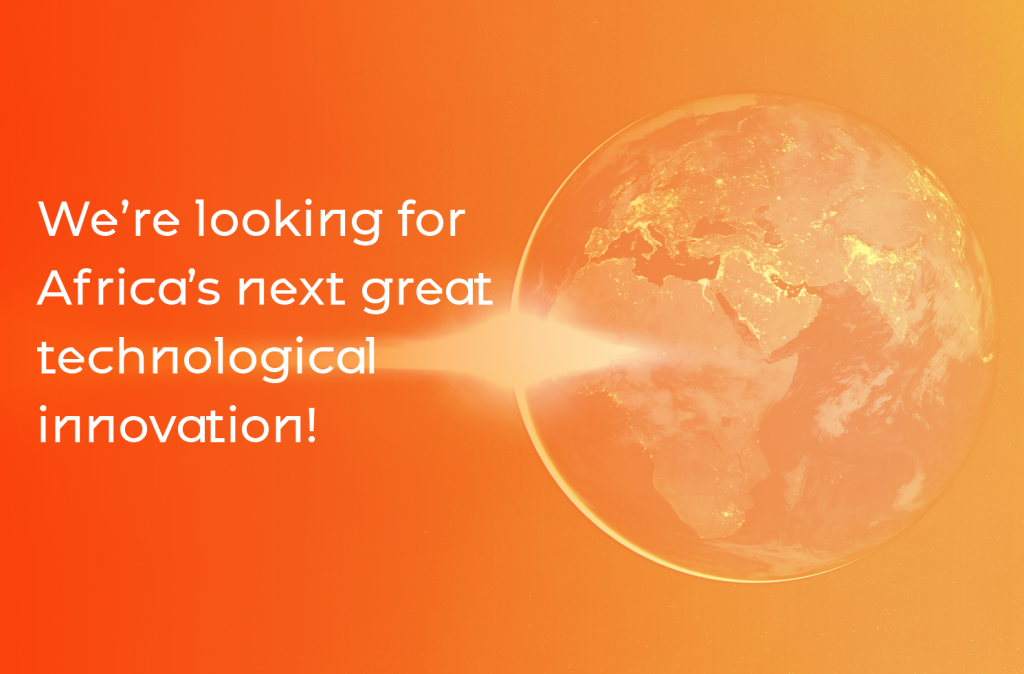
All applications must be submitted via the online grants system. Applicants should ensure they read the guidance notes (below) as well as the FAQ and eligibility pages before submitting their application.
To apply for the Africa Prize you must first register an account on our Grant Management System (GMS), which you will be prompted to do. Once in GMS, please select ‘Africa Prize for Engineering Innovation 2022/2023’ to start your application.
Applications for the Africa Prize 2023 will close on Tuesday 26 July 2022 at 12.00pm GMT
Application Eligibility
- The application must be written in English.
- The applicant must have a high level of English language proficiency in order to participate fully in the programme as this is conducted entirely in English.
- The lead applicant must be over the age of 18 when applications close on 26 July 2022. There is no upper age limit.
- Previous shortlist members or winners are not eligible to participate in the programme again, nor is anyone who was involved in their team or innovation.
- Applicants can apply as an individual or as part of a team.
- The lead applicant must be a citizen of a country in sub-Saharan Africa*. For teams of two or more, the lead applicant (the person participating in training) must be a citizen of a country in sub-Saharan Africa*.
- The lead applicant must be ordinarily based in sub-Saharan Africa*; if based overseas, this must be temporary for studies or otherwise.
- The innovation must be based in a country in sub-Saharan Africa*.
- The lead applicant must have an engineering innovation, although they are not required to be an engineering graduate or student to apply.
- The lead applicant must provide a letter of support from a university, research institution, innovation hub or previous incubator programme. This can be as simple as stating that an individual studied at or was involved with that institution. If applicants are not affiliated with any organisation, another document proving the status of their organisation or innovation, such as a document of incorporation or patent certificate, may be used.
- Industrial researchers and establishments are not eligible.
- The innovation can be any new product, technology or service, based on research in engineering defined in its broadest sense to encompass a wide range of fields. This includes but is not limited to: agricultural technology, biotechnology, chemical engineering, civil engineering, computer science, design engineering, electrical and electronic engineering, ICT, materials science, mechanical engineering, and medical engineering. If you are in any doubt that your area of expertise would be considered as engineering, please contact the Academy to discuss your application.
- The innovation must be at technology readiness level three or above. Evidence of a prototype should be provided in the application. Learn more about technology readiness levels.
- The lead applicant must provide a letter of consent from the originators/collaborators of the IP to this innovation, where relevant.
- The lead applicant must provide a technical diagram and photo that showcases the technical aspects of the innovation as part of their application.
- Applicants should have developed, and be in the early stages of commercialising, an engineering innovation that:
- will bring social and/or environmental benefits to a country/countries in sub-Saharan Africa*
- has strong potential to be replicated and scaled-up
- is accompanied by an ambitious but realistic business plan that has strong commercial viability.
SOURCE: Royal Academy of Engineering
